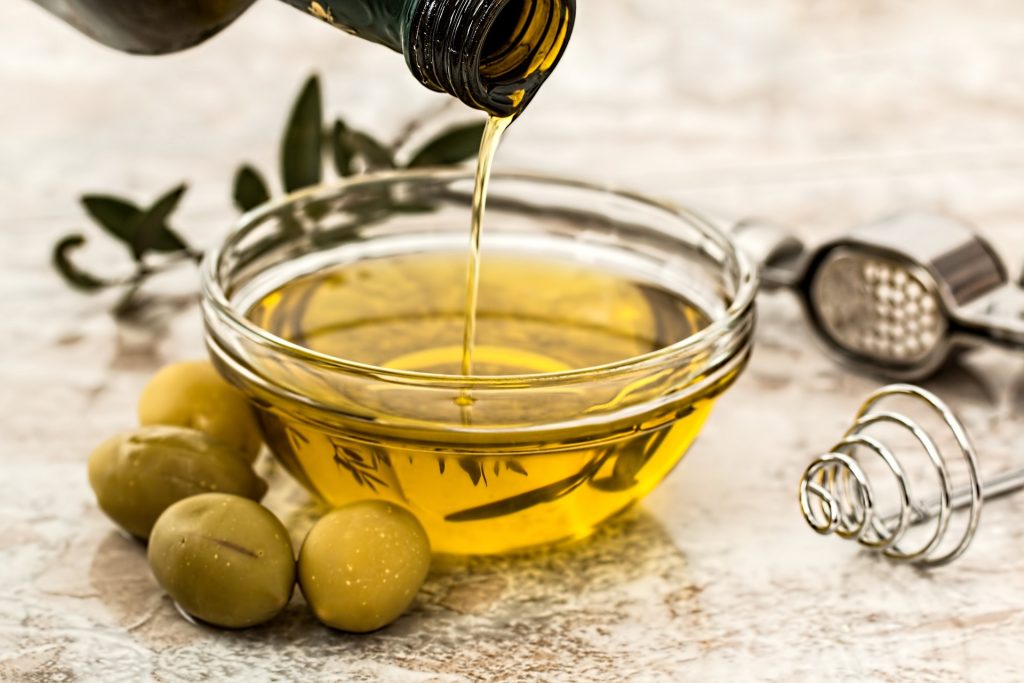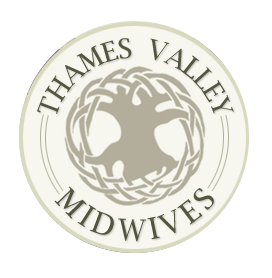Vegetarian and Vegan Diets
No Meat, No Problem!
Vegetarian and vegan diets are increasingly popular due to research based evidence supporting the health benefits of leading a plant-based diet.
There are varying degrees of vegetarianism; some diets include animal products. Vegan diets include no animal products or products produced by animals, such as eggs, milk, and butter.

Benefits:
Let’s look at some of the health benefits of following a vegetarian diet:
CANCER: Naturally lower in saturated fat, high in fibre and replete with cancer-protective phytochemicals, vegetarian diets are proven to reduce the risk of cancer. In both England and Germany, large studies showed that vegetarians are 40% less likely to develop cancer compared to meat-eaters. Similarly, breast cancer studies in China showed a reduced cancer risk in those who avoided meat. Japanese women who included meat in their diets were 8 times more likely to develop breast cancer than those who at a solely plant-based diet. A Harvard University study showed regular meat eaters were 300% more likely to develop colon cancer. The list of studies goes on and on, so basically if you eat a plant-based diet, you not only avoid the animal fat linked to cancer, but you also get abundant fibre, vitamins and phytochemicals (natural cancer killing cells)!
HEART DISEASE: As animal products are the main source of saturated fat and the only source of cholesterol in our diet, vegetarian diets avoid these potentially harmful products. Studies have shown vegetarian or vegan diets along with stress reduction, smoking cessation, and exercise, or combined with prudent drug intervention, could actually reverse atherosclerosis—hardening of the arteries.
BLOOD PRESSURE: People who typically follow a vegetarian diet have lower blood pressure. Studies also showed that within 2 weeks of “going vegetarian” a person’s blood pressure could drastically lower to healthy levels. Researchers predict that cutting out animal fats decreases the viscosity, or thickness, of our blood, which in turn brings blood pressure down. Having raised blood pressure in your pregnancy can be dangerous to you and your baby, conditions known as pre-existing hypertension, gestational hypertension or pre-eclampsia. These conditions range in severity and although they cannot be prevented if you develop them, control may be achieved through a diet and exercise regime.
DIABETES: As midwives, we are unable to care for people with pre-existing diabetes due to the high-risk nature of their pregnancy; however, gestational diabetes can often be prevented or controlled through exercise and diet programs. Research has shown that leading a low-fat, high in fibre and complex carbohydrate diet, along with regular exercise, allows insulin to work more effectively, therefore assisting in blood glucose control. While a vegetarian diet cannot eliminate the need for insulin in people with insulin dependent gestational diabetes, it can often reduce the amounts of insulin used.
GALLSTONES, KIDNEY STONES & OSTEOPOROSIS: Diets high in animal proteins, high-cholesterol, and high-fats tend to cause the body to excrete more calcium, oxalate and uric acid, causing urinary tract and gall stones. The consumption of meat vs. vegetarian diets, showed nearly double the risk of gallstones in women. For many of the same reasons, vegetarians are at a lower risk for osteoporosis, as animal products force calcium out of the body which actually promotes bone loss.
ASTHMA: In 1985, Swedish scientists performed a study on vegans and asthma. After a year long study, they noted a marked decrease in the need for asthma medications and frequency of severe asthma attacks in those enjoying vegan diets.
BREAST MILK: Analysis of vegetarian and vegan breast milk showed the levels of environmental contaminants in their milk was much lower than meat-eaters, allowing them to produce purer breast milk.
ALLERGIES: Studies have shown that women abstaining from allergenic foods (due to a history of food allergies) such as milk, meat and fish, during pregnancy are less likely to pass allergies to their baby. Another interesting fact showed that mothers who drank cow’s milk could pass antibodies to their nursing infant through their breastmilk. These antibodies can cause colic.
Common Concerns:

Vegetarians and vegans tend to worry about whether they are going to get all the essential nutrients in their diet during pregnancy and the postpartum. We tend to worry about the experienced vegetarian or vegan a lot less, as their diet usually consists of a well balanced diet with plenty of protein options.
Let’s discuss Vitamin B12, because this vitamin tends to be deficient in the pregnant vegan’s diet. Vitamin B12 is found in animal products, small amounts found in fermented foods due to bacterial contamination; however, these plant and fermented foods, such as spirulina, sea vegetables, tempeh, and miso, do not provide an active and reliable source, so vitamin B12 must be obtained elsewhere in the diet. We recommend a daily supplement of vitamin B12 during pregnancy and breastfeeding, which can often be found in your prenatal vitamin, fortified cereals, nutritional yeast, and fortified soymilk.
References:
- The vegetarian resource group – pregnancy and the vegan diet
- Physicians committee for responsible medicine – vegetarian and vegan diet
- NHS U.K. – vegetarian and vegan mums-to-be
